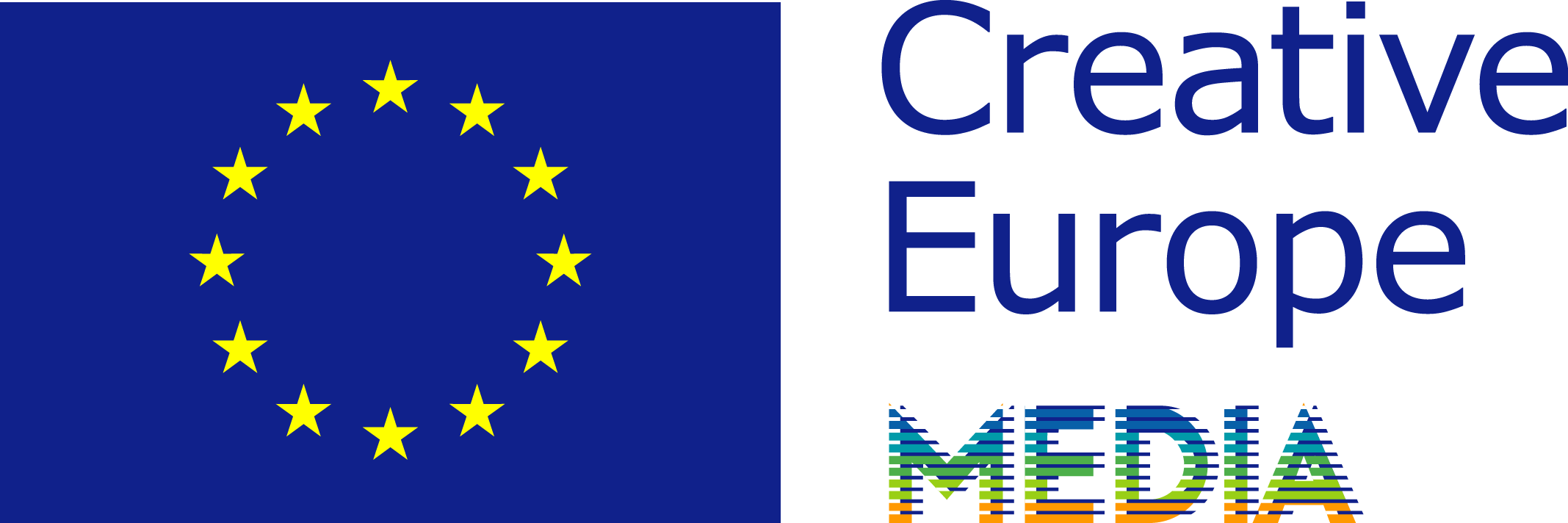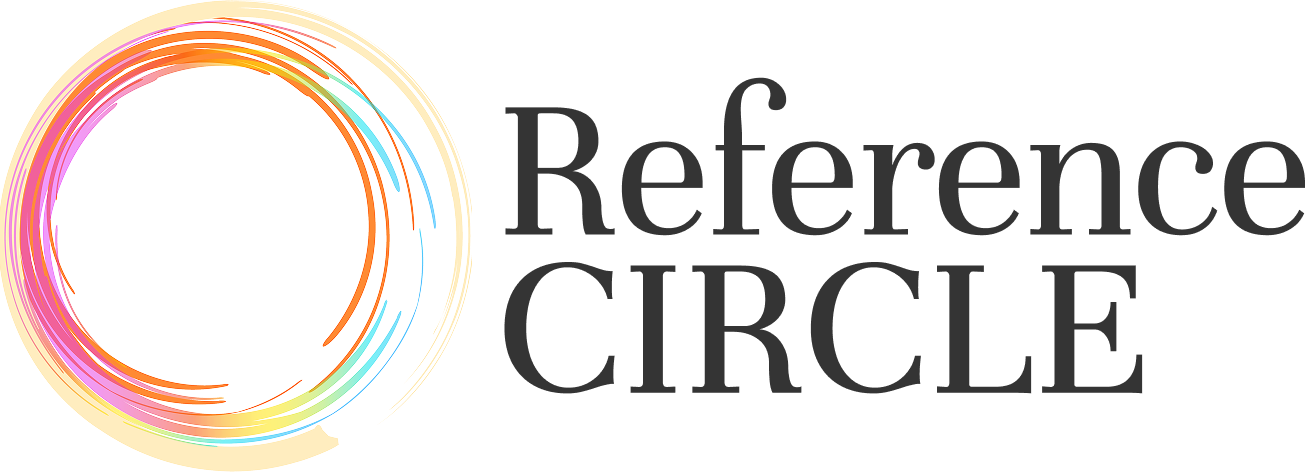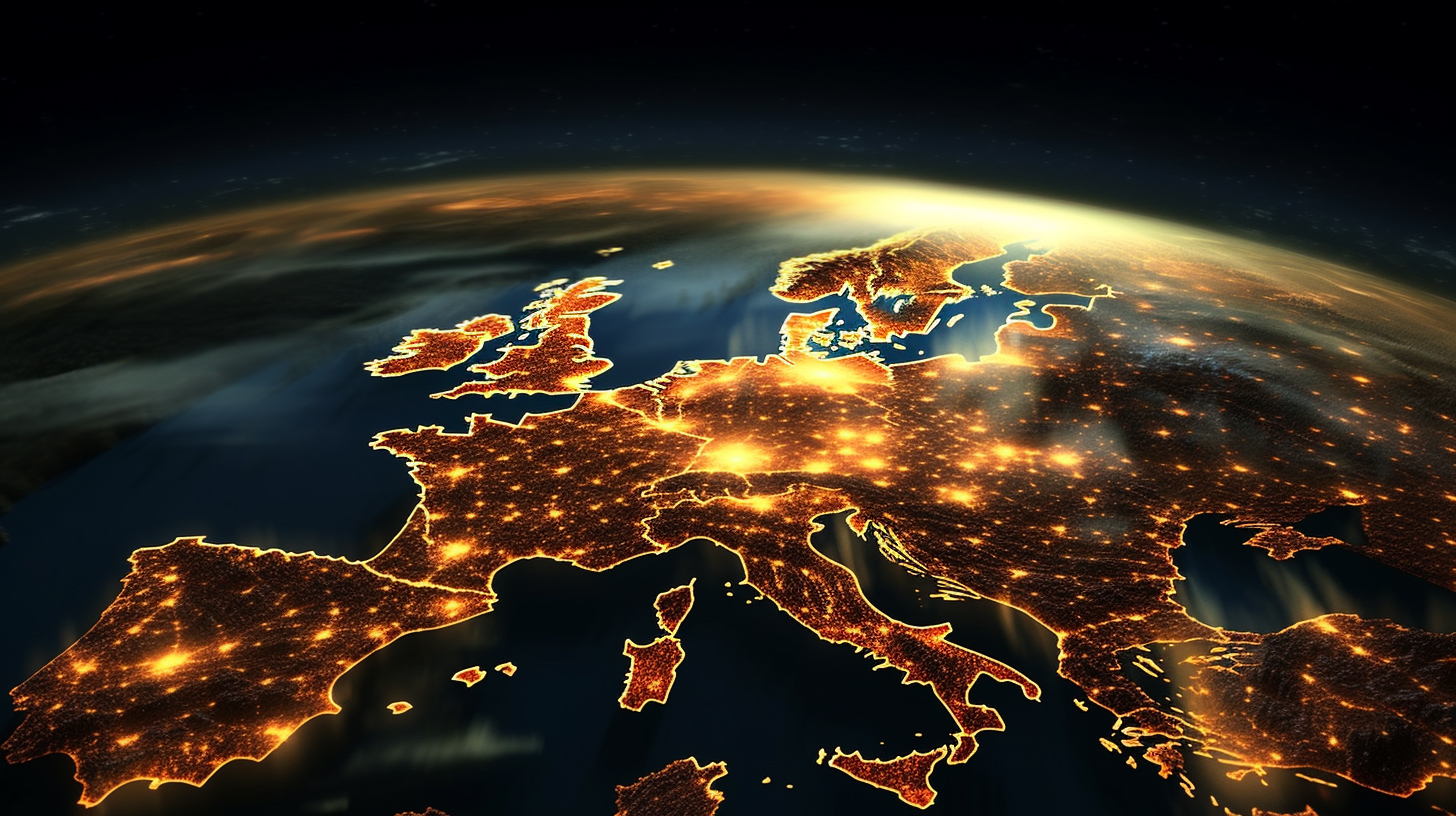A light is illuminating Europe – the light of independent media. In the last decade new forms of public interest media organisations have flickered into existence across Europe, beginning to fill the darkness left by the retreat of legacy media. But outside of their devoted audiences, they often lack recognition for the value their journalism provides – to their communities, and democracies – and also lack sustainable funding. Without more understanding and support, this kindling future of journalism risks being blown out.
This is why we are embarking on a major new project to address these challenges. Through The Journalism Value Project (previously titled ‘Monetising Value‘), we aim to support European public-interest media to become financially sustainable through better monetising the value they provide to society. And through nurturing a network of resilient independent media organisations, we aim to transform the political and economic consensus on journalism’s social value, in the light of this new constellation.
What will we do?
The project will involve three key strands:
- Research and analysis of the context and opportunities for European independent media;
- Facilitating peer-to-peer collaboration between the 26 members of Reference – the European Independent Media Circle, on concrete business challenges;
- Changing the conversation on the agreed social value of public interest journalism.
The consortium carrying out this project consists of four Reference members (Arena for Journalism in Europe, the project coordinator – which is currently incubating Reference – Fumaça, Átlátszó Erdély and Investigate Europe) and the journalistic research organisation Netzwerk Recherche. The project will be delivered over the next two years, and is made possible through a grant award of nearly €520.000 from the European Commission as part of the call on Journalism partnerships. You can read more about the project details here.
Why now?
We believe it is an ideal moment to deliver this project. The independent public-interest media sector is relatively new in Europe – with the oldest outlets being around for little over 10 years old – and currently in the phase of maturation and consolidation. Start-ups have become scale-ups, and business models are being put to the test. This is the moment where the sector needs to prove that it is viable and resilient, and can consolidate its relevance in the larger journalism landscape.
Why us?
We believe we are uniquely positioned to deliver this unique opportunity. Reference, currently being incubated by Arena, is a self-organised network bringing together a diverse range of 26 public-interest media organisations from across Europe. Existing since 2021, we provide a supportive space for the managing directors of these organisations to come together to support and learn from each other with their key business and operational challenges.
Reference members are defined by their commitment to serving the public interest with high-quality journalism, produced in close interaction with their audiences, with social inclusion, democracy and radical transparency as key values in many of their organisations. They represent a cross-section of the new sector of public interest independent media from across Europe, with a diverse range of organisation sizes and business models.
What next?
By focussing on sector-wide exchange and fostering a network, we aim to create beacons lighting the way for systemic change across the sector. And with a deeper understanding and stronger evidence of successful business models and powerful value indicators in hand, we will share relentlessly to support the wider European independent media sector, aiming to kindle a new era of resilient, thriving public interest media in Europe.
You can read more about the project here and sign up to our newsletter to keep up to date.
Acknowledgement
The Journalism Value Project (‘Monetising Value‘) is co-funded by the European Union. Views and opinions expressed are however those of the author(s) only and do not necessarily reflect those of the European Union or the European Education and Culture Executive Agency (EACEA). Neither the European Union nor EACEA can be held responsible for them.



